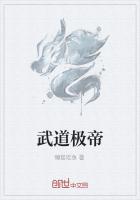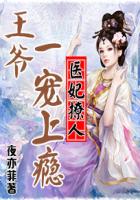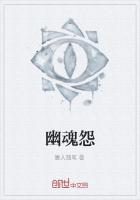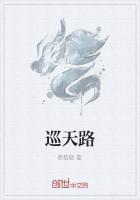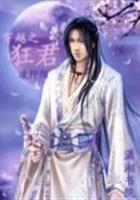"In Lowell live between seven and eight thousand young women, who are generally daughters of farmers of the different States of New England.Some of them are members of families that were rich the generation before....The operatives work thirteen hours a day in the summer time, and from daylight to dark in the winter.
At half-past four in the morning the factory bell rings and at five the girls must be in the mills.A clerk, placed as a watch, observes those who are a few minutes behind the time, and effectual means are taken to stimulate punctuality....At seven the girls are allowed thirty minutes for breakfast, and at noon thirty minutes more for dinner, except during the first quarter of the year, when the time is extended to forty-five minutes.But within this time they must hurry to their boarding-houses and return to the factory....At seven o'clock in the evening the factory bell sounds the close of the day's work."It was under these conditions that the cooperative movement had its brief day of experiment.As early as 1828 the workmen of Philadelphia and Cincinnati had begun cooperative stores.The Philadelphia group were "fully persuaded," according to their constitution, "that nothing short of an entire change in the present regulation of trade and commerce will ever be permanently beneficial to the productive part of the community." But their little shop survived competition for only a few months.The Cincinnati "Cooperative Magazine" was a sort of combination of store and shop, where various trades were taught, but it also soon disappeared.
In 1845 the New England Workingmen's Association organized a protective union for the purpose of obtaining for its members "steady and profitable employment" and of saving the retailer's profit for the purchaser.This movement had a high moral flavor.
"The dollar was to us of minor importance; humanitary and not mercenary were our motives," reported their committee on organization of industry."We must proceed from combined stores to combined shops, from combined shops to combined homes, to joint ownership in God's earth, the foundation that our edifice must stand upon." In this ambitious spirit "they commenced business with a box of soap and half a chest of tea." In 1852they had 167 branches, a capital of $241,7191.66, and a business of nearly $91,000,000 a year.
In the meantime similar cooperative movements began elsewhere.
The tailors of Boston struck for higher wages in 1850 and, after fourteen weeks of futile struggle, decided that their salvation lay in cooperation rather than in trade unionism, which at best afforded only temporary relief.About seventy of them raised $700as a cooperative nest egg and netted a profit of $510.60 the first year.In the same year the Philadelphia printers, disappointed at their failure to force a higher wage, organized a cooperative printing press.
The movement spread to New York, where a strike of the tailors was in progress.The strikers were addressed at a great mass meeting by Albert Brisbane, an ardent disciple of Fourier, the French social economist, and were told that they must do away with servitude to capital."What we want to know," said Brisbane, "is how to change, peacefully, the system of today.The first great principle is combination." Another meeting was addressed by a German, a follower of Karl Marx, who uttered in his native tongue these words that sound like a modern I.W.W.prophet: "Many of us have fought for liberty in the fatherland.We came here because we were opposed, and what have we gained? Nothing but misery, hunger, and treading down.But we are in a free country and it is our fault if we do not get our rights....Let those who strike eat; the rest starve.Butchers and bakers must withhold supplies.Yes, they must all strike, and then the aristocrat will starve.We must have a revolution.We cannot submit any longer." The cry of "Revolution! Revolution!" was taken up by the throng.
In the midst of this agitation a New York branch of the New England Protective Union was organized as an attempt at peaceful revolution by cooperation.The New York Protective Union went a step farther than the New England Union.Its members established their own shops and so became their own employers.And in many other cities striking workmen and eager reformers joined hands in modest endeavors to change the face of things.The revolutionary movements of Europe at this period were having a seismic effect upon American labor.But all these attempts of the workingmen to tourney a rough world with a needle were foredoomed to failure.
Lacking the essential business experience and the ability to cooperate, they were soon undone, and after a few years little more was heard of cooperation.
In the meantime another economic movement gained momentum under the leadership of George Henry Evans, who was a land reformer and may be called a precursor of Henry George.Evans inaugurated a campaign for free farms to entice to the land the unprosperous toilers of the city.In spite of the vast areas of the public domain still unoccupied, the cities were growing denser and larger and filthier by reason of the multitudes from Ireland and other countries who preferred to cast themselves into the eager maw of factory towns rather than go out as agrarian pioneers.To such Evans and other agrarian reformers made their appeal.For example, a handbill distributed everywhere in 1846 asked:
"Are you an American citizen? Then you are a joint owner of the public lands.Why not take enough of your property to provide yourself a home? Why not vote yourself a farm?
"Are you a party follower? Then you have long enough employed your vote to benefit scheming office seekers.Use it for once to benefit yourself; Vote yourself a farm.
"Are you tired of slavery--of drudging for others--of poverty and its attendant miseries? Then, vote yourself a farm.






